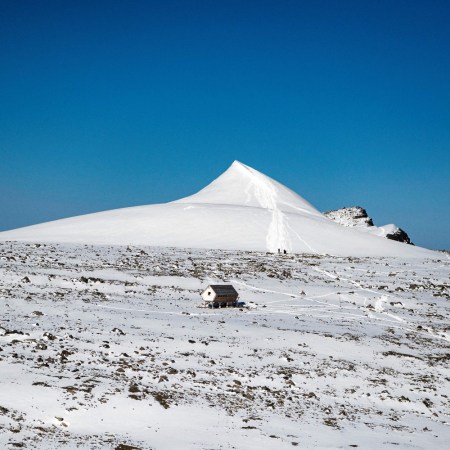Getting a good night’s sleep is important for a host of reasons — not the least of which is the effect it has on your physical and mental health. Get a good night’s sleep, and those things are likely to be improved; toss and turn all night, and your health might suffer as a result. But if you fall into the latter camp, the source of the problem might be a lot bigger than just your nightly routine. New research suggests that climate change can have an adverse effect on the way we sleep.
A new article at Smithsonian Magazine delves into the researchers’ findings, which suggests that people have lost 44 hours of sleep each year so far this century due to higher temperatures as a result of climate change. And it’s only going to get worse — the study’s authors suggest that another 50 to 58 hours of sleep could be lost each year by 2099.
The study appeared in the journal One Earth, and notes that the effects are most significantly felt in the world’s warmest countries. Especially at risk? “The elderly, women, and residents of lower-income countries,” the study’s authors write.
The scientists made use of data from “sleep-tracking wristbands” that spanned 68 different countries, working with seven million sleep records total. What they’ve said makes an alarming amount of sense, as nearly anyone who’s tried to fall asleep on a hot night can attest — but to see this information broken out this way remains deeply alarming.
Thanks for reading InsideHook. Sign up for our daily newsletter and be in the know.


















